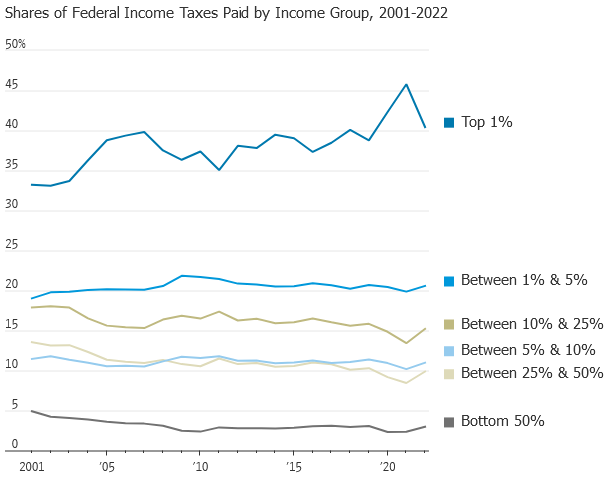Howard Husock, of American Enterprise Institute, thinks that is a bad idea. Unfortunately, his argument for continuing to send taxpayer money to these entities is pie in the sky irrationality. He does acknowledge the deep progressive tilt of National Public Radio and the Public Broadcasting Service, and his own abuse by the Corporation for Public Broadcasting, a Congressionally-created entity that partially funds PBS and operates NPR, when he was a member of CPB‘s board of directors over a pro-ideology diversity op-ed he’d written: CPB stripped [him] of [his] committee assignments and accused [him] of violating [his] fiduciary duties. Because thought diversity is intolerable.
Nonetheless, he wants our taxpayer money to continue flowing to this left-wing “public” company and its subordinate formations.
Were PBS and NPR (and, I say, CPB) successfully shorn of taxpayer funding, Husock worries that
liberal foundations—many of which already support NPR and individual PBS programs—will step in to keep NPR and PBS alive. The Ford, Gates, Hewlett, Rockefeller, Kellogg, MacArthur, Robert Wood Johnson, and Open Society foundations have been NPR financial supporters and could easily fill a funding gap or even donate directly to the CPB, a chartered nonprofit.
He didn’t recognize the so what in his own words. Those entities already financially support those left-wing outlets; it won’t matter that those entities, and others, would step in to fill the gap from the loss of taxpayer funding. It won’t matter because what those three outlets publish won’t change.
Husock had this rationalization, too:
There would be no more congressional hearings about NPR‘s ideological bias, as were held in May. But the imprimatur and implied government seal of approval—the “national public” branding—would remain.
The former is another so what. Congress doesn’t do anything about that naked bias other than waste time on public virtue-signaling—by both parties—hearings. The latter is a matter of messaging, something the Republicans are heroically bad at. The outlet, in fact, wouldn’t be public anymore because it wouldn’t be receiving public funds anymore.
Husock closed his fantasy with posits of what Congress should do instead of cutting off the taxpayer dollar spigot: emphasize the purpose of promoting local “journalism,” ban advertising for “causes,” make CPB board budgeting debates and decisions public.
See above regarding Congressional inaction. Ask also—which Husock did not ask—about definitions of such things as “cause” and “journalism.” Then ask—which Husock also did not ask—about enforcement mechanisms.
Skip over the messy pie in the sky time-wasters. Defund NPR, PBS, and CPB.

